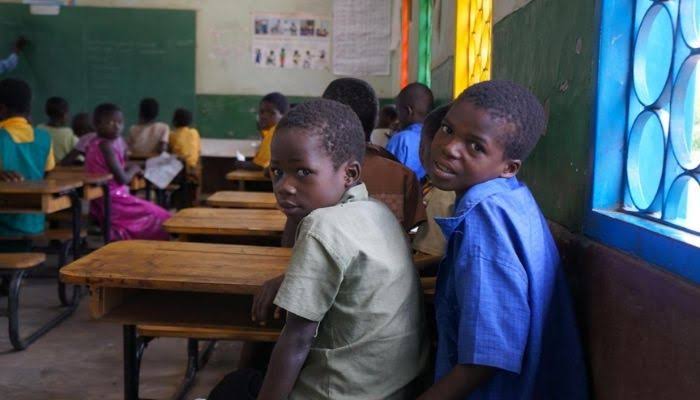International Children’s Day 2025: From celebration to commitment

Nigerian school children. Photo Credit- Business Day
By Eja Manifest Eji.
Today, 27 May 2025, Nigerians gather in parades and classrooms to mark Children’s Day. But celebration alone will not secure our children’s future. True observance demands sober reflection and decisive action.
The uncomfortable facts
Nigeria still has the world’s largest population of out-of-school children. UNICEF’s latest education profile puts the figure at roughly 10.5 million for children aged 5-14 years . A broader 2024 UNICEF situation analysis, quoted in Vanguard today, estimates 18.3 million out of school across all age groups .
Budget priority is weak. Federal education spending hovers around 7.3 % of the national budget, far below UNESCO’s recommended 15–20 % .
Protection gaps persist. Roughly 1.9 million children face serious protection risks—violence, early marriage, exploitation, and recruitment by armed groups .
These numbers are not statistics; they are names and faces—future doctors, teachers, artists, engineers—being left behind.
Five urgent commitments for every level of government
- Fully fund the Universal Basic Education (UBE) guarantee
Raise education’s share of the budget toward the 15 – 20 % benchmark and ring-fence renovation, teacher training, and learning materials. - Renovate, staff, and secure every public school
Adopt Minimum Standards for Safe Schools across all 774 LGAs, pair each renovation project with teacher-training grants, and publish a state-by-state scorecard. - Make basic education genuinely free
Abolish “hidden” levies (PTA fees, uniforms, exams). Introduce conditional cash transfers so no parent keeps a child home for lack of ₦5,000. - Expand community-based alternative learning for displaced or working children
Evening catch-up classes, learning passports, and radio or digital modules keep children learning when formal classrooms are shut. - Integrate health and protection services into every school
Regular mobile clinics, school feeding, mental-health support, and strict anti-bullying policies—building on today’s presidential pledge to create safer environments for children .
A challenge to leaders
Celebrating Children’s Day with speeches is easy; enacting policies that end the street-to-classroom gap is hard—and urgent. When we fund quality schools, train motivated teachers, and protect every child from violence, we build the Nigeria of our dreams—one classroom at a time.
Let today not just be a party, but the turning-point where every Nigerian child steps confidently into school tomorrow.

